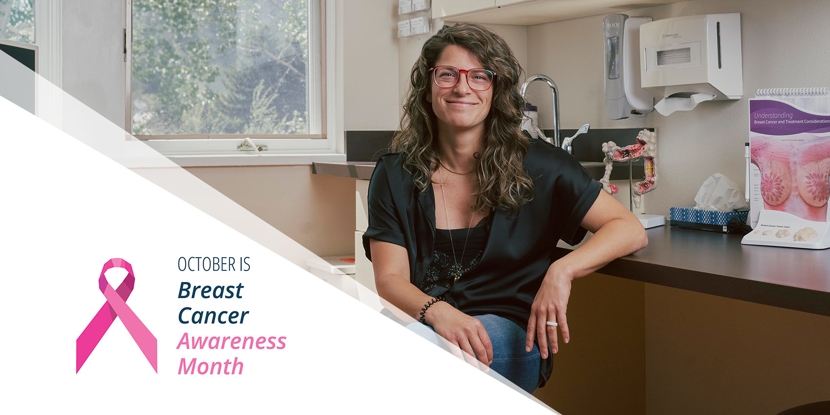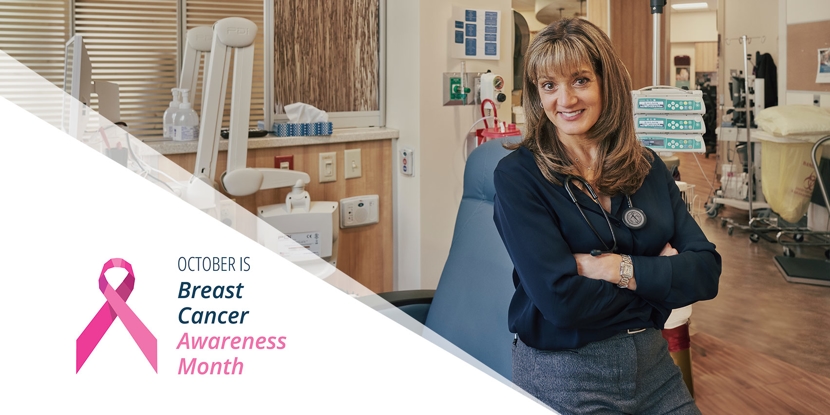Understanding Your Risks of Sarcoma
- Category: Blog, Cancer Care, Family Health
- Posted On:
- Written By: St. John's Health

Assessing Your Risks
As with many forms of cancer and other chronic diseases, soft tissue sarcomas have their own risk factors. In order to live a healthy life and seek an early diagnosis, it’s important to know the following information:
What Are Soft Tissue Sarcomas?
Sarcoma (also called soft tissue sarcoma) is a type of cancer that forms in the body’s connective tissues, such as bones, muscles, tendons, and cartilage. There are over 70 different types of sarcomas, classified according to the tissue in which they form. DNA mutations are a common cause of this form of cancer.
Sarcomas are relatively rare, accounting for only about 1% of all cancers diagnosed each year. Additionally, the five-year survival rate for soft tissue sarcomas is about 65%.
Risk Factors
In contrast to other illnesses, injury and lifestyle factors such as diet and exercise are not risk factors associated with sarcoma. Instead, scientists have found the following to increase your risks of a soft tissue sarcoma:
- Family cancer syndromes such as neurofibromatosis and Gardner syndrome.
- Damage to the lymph system.
- Exposure to chemicals.
Diagnosis & Treatment
Most sarcomas are detected through imaging tests such as X-rays or MRI scans, which may be ordered for other reasons. If a sarcoma is suspected, a biopsy will be performed to confirm the diagnosis. Sarcoma treatment typically involves surgery, radiation therapy, and/or chemotherapy.
Prevention Tips
Currently, most sarcomas develop in people with no known risk factors — which makes prevention vital. There is no sure way to prevent sarcoma, but there are some steps you can take to reduce your risk.
- Quit smoking. Smoking is the most important risk factor for sarcoma, and quitting smoking can greatly reduce your risk.
- Avoid exposure to certain chemicals. Some chemicals, such as dioxins and polychlorinated biphenyls (PCBs), have been linked to an increased risk of sarcoma.
- Limit your exposure to radiation. Exposure to radiation, such as from X-rays, cancer treatment, or CT scans, can increase your risk of sarcoma. If you need an imaging test, talk to your doctor about the risks and benefits.
- Know your family history. If sarcoma runs in your family, you may be at an increased risk. Talk to your doctor about your family history and what you can do to reduce your risk.
Oncology Care in Teton County
If you are concerned about your risk of sarcoma, it’s important to talk to your doctor and schedule regular check-ups. At St. John's Health, our cancer care team is dedicated to helping you understand your risks, take steps to reduce them, and provide care when you most need it.
For more information about our oncology services, visit our website today.



